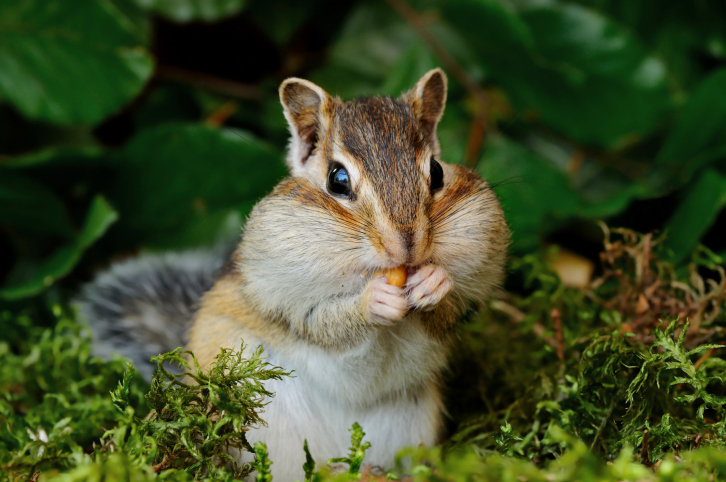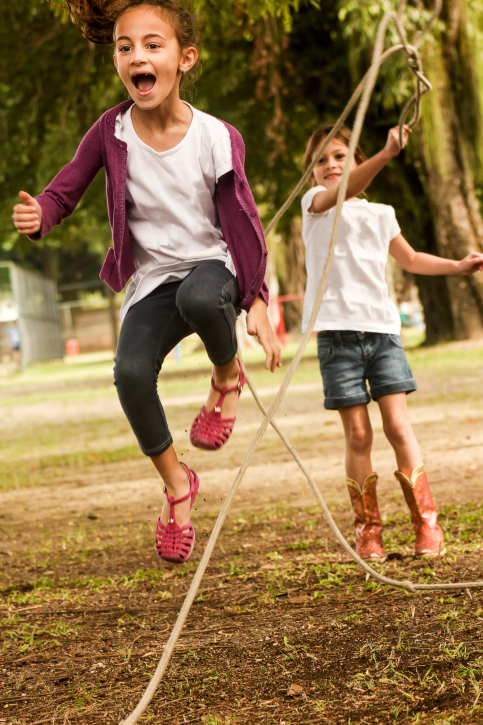I had the mumps as a kid and from what I remember it wasn’t the least bit fun. I was nine years old and it was the summer of 1968. I had just completed grade four and was looking forward to an active summer playing outside. I used to roller-skate on the sidewalk for hours. When it was too hot to be in the sun, I would take a break and play a ball game against the shaded side of our house.

Unfortunately for me, it was just one year before the mumps vaccine was introduced in Canada. I am not sure how I caught the mumps but the disease spreads easily through an infected person’s saliva, usually when someone coughs or sneezes. It can also spread when people share drinks or kiss. I later learned that a boy in my class had the mumps that summer too.
I remember feeling quite sick. I had a fever, a headache, cold-like symptoms and swelling of the lower cheek area where the salivary glands are located. I looked like a chipmunk with both cheeks stuffed with nuts. It was difficult to swallow food.
 Sometimes, my mother gave me medication to relieve the headache and discomfort from the swelling and tenderness in my cheeks. She also gave me orange popsicles and encouraged me to drink lots of liquids like ginger ale which she stirred until the carbonation was gone.
Sometimes, my mother gave me medication to relieve the headache and discomfort from the swelling and tenderness in my cheeks. She also gave me orange popsicles and encouraged me to drink lots of liquids like ginger ale which she stirred until the carbonation was gone.
The swelling began on the left side of my face, then spread to the right. Soon both sides of my face were swollen and very sore. Swelling from the mumps usually goes away after about a week but I remember my mother, a nurse, telling me that my case was more severe and I had symptoms for about two weeks. I stayed home and in my bedroom most of the time so my younger sister and brother didn’t get sick.
Two weeks to any kid during the summer is an eternity. I spent the first part of the summer of 1968 watching the warm, sunny days from my bedroom window. I enviously watched while girlfriends played skipping games like “All in together girls” and “Bubble gum, bubble gum.” I really felt like I was missing out on the fun.

Getting the mumps or any other infectious disease may have been a “rite of passage” for a child like me decades ago, but today it’s absolutely unnecessary for most children to suffer through vaccine-preventable diseases like the mumps.
Most people who get the mumps recover fully. Complications may occur including deafness, meningitis (swelling of the brain) and male sterility. Immunization is the most effective way to prevent mumps and reduce the risk of a serious complication.
There has been a 99% decrease in the rate of mumps since the introduction of the vaccine. The first measles, mumps and rubella (MMR) vaccine is given to a child after their first birthday. The second dose is given between four to six years of age.
Thankfully, my children have all their vaccinations. They are protected from diseases that, according to the World Health Organization, are still responsible for 2 to 3 million deaths each year.
Knowing that my adult children and their families are up-to-date with their vaccinations helps me sleep at night. If you’re on the fence about vaccines, call Public Health and talk to a public health nurse about your concerns.
